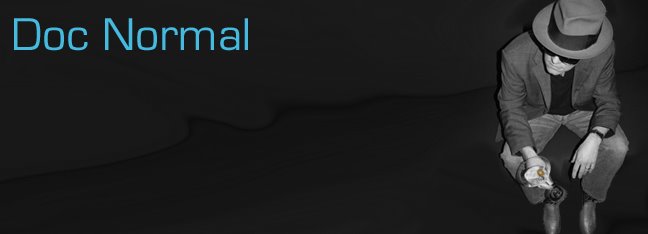
The movie camera has always been the boogeyman of authority and unrest. In Vietnam, color movie cameras were used-the film was shot, shipped, processed and telecined for broadcast on nightly news programs. This first television war with action shot by photojournalists in the field, specifically in the late 1960’s and early 1970’s, was a strong influence on the American public’s perspective of the conflict. When cable TV in the home was popularized in the 1980’s, video broadcast technology was ready with 24-hour news channels that relentlessly covered conflict around the globe via satellite. This CNN effect became the new normal for how we expect to watch war, conflict and unrest.
Technology of the new century has given us in miniature a movie camera and a world wide publishing network not of broadcast journalists, but of individuals. This movie platform is so quick it’s viral. Anyone with modest means can live stream (broadcast) what is happening in front of them to the rest of the world. It sounds earth shattering and it very much is. Beginning in 2010 during the Arab Spring we saw the impact of this through the lens of people closest to the conflict. But now I feel a new twist to citizen journalism since the Arab Spring that we may have seen take shape during the Occupy Movement of 2011. The camera has turned back to look at us. This selfie generation is really only a few years old and it’s network effect is seen worldwide. If broadcast photojournalism was selfless, is internet journalism the news selfie?
Monday night (8/18/2014) I watched a two live streams from Ferguson by KARG Argus Radio and the other by Tim Pool (@Timcast) of Vice News. Most of what I remember from KARG’s “I am Mike Brown Live from Ferguson, MO” was two guys driving around for hours trying to get directions on how to get to the designated media area. Perhaps I missed the important parts that took place outside the car. The latter from @Timcast was representative of what I believe is selfie journalism. This is not a direct critique of Tim and his work, but more a reflection on what I’m seeing as the journalist becomes the subject of the story. It’s not a brand new thing - Geraldo Rivera’s work from the 1970’s is an example - but the trend appears to be amplified by the immediacy of the platform.
If the tendency in each of us is to turn the camera inward to capture the mundane and important events of our lives, if that’s now in our DNA, then it stands to reason that both professional and citizen journalists are adopting this reporting style. Like getting a phone call from a friend on vacation who wants to tell you about the amusement park ride she just enjoyed, the movie camera is now just a subset of the communication device which conveys the storytelling of the person who is there. Camera’s are no longer the important cold lens of truth that they once were.
Since Monday, some journalists have been arrested and the police in Ferguson have suggested that they are part of the problem because protesters would tend to “act out” for the camera. If journalists seem eager to insert themselves and become part of the story, does this change the narrative of what’s happening on the ground? Would a focus on editorial, aggregating footage from cameras of the subjects of the story be a better alternative? What is the value and role of the journalist?
Here are some time coded samples with notes from @Timcast for you to consider:
http://youtu.be/CmqHVKNZkhM?t=2h30m Good place to start @Timcast on camera
http://youtu.be/CmqHVKNZkhM?t=2h40m Shots fired and police fire teargas
http://youtu.be/CmqHVKNZkhM?t=2h46m Shots are fired over the heads of the journalists
http://youtu.be/CmqHVKNZkhM?t=2h48m22s Journalists are down on the ground
http://youtu.be/CmqHVKNZkhM?t=2h52m @Timcast back on camera, talks about what just happened
http://youtu.be/CmqHVKNZkhM?t=2h54m40s He finally interviews someone! This woman lives in the area of the riots and talks about what has been happening between residents and the police. I think this was the most important part of the video and we get a valuable perspective.
http://youtu.be/CmqHVKNZkhM?t=3h30m Later @Timcast has an infamous run-in with the police about press credentials. It looks like a tense situation and seems that the cops wanted media out of the line of fire.

